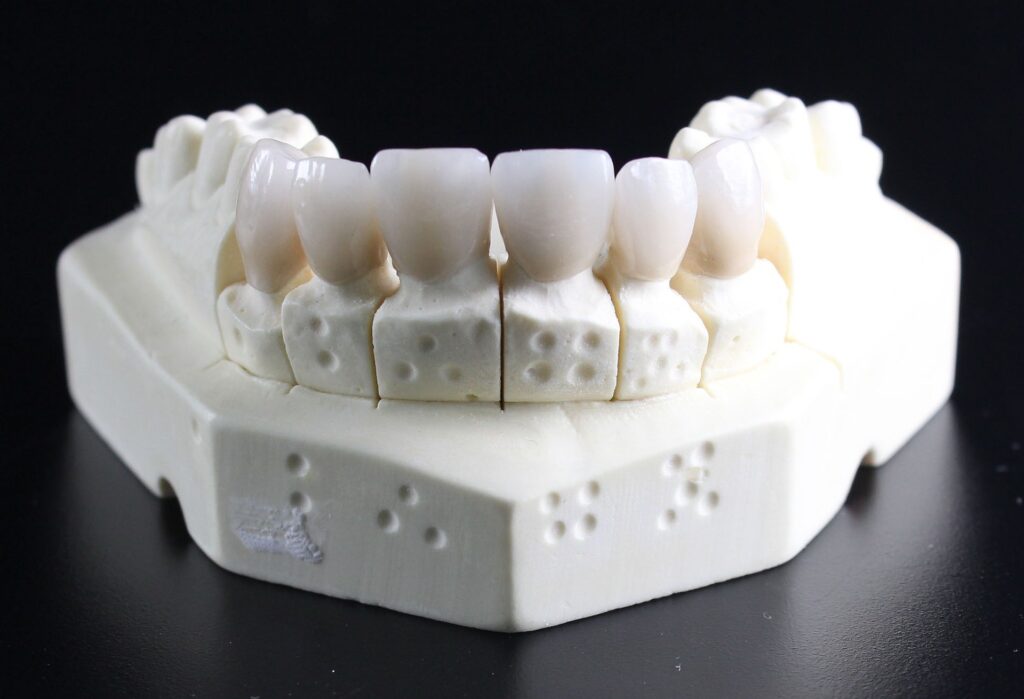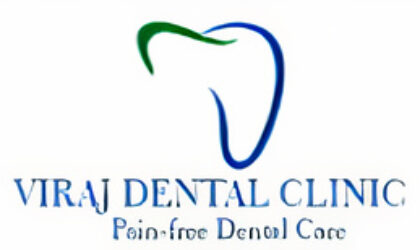Dentures
What are dentures?
A denture is a removable dental appliance that is used to replace missing teeth and soft tissues. The two types of dentures offered are complete and partial dentures. When all of the teeth have been gone, complete dentures are utilized, while partial dentures are used when some natural teeth remain.

Types of Dentures
Dentures that are complete
There are two types of complete dentures: “traditional” and “instant. After the teeth have been removed and the gum tissue has begun to heal, a normal denture is ready for implantation in the mouth in eight to twelve weeks.
Immediate dentures, unlike traditional dentures, are created ahead of time and can be placed as soon as the teeth are removed. As a result, the wearer is not required to be toothless during the healing process. On the other hand, bones and gums shrink over time, especially during the healing period after tooth extraction.
As a result, when compared to traditional dentures, immediate dentures require more changes to fit properly during the healing process and should only be used as a temporary remedy until traditional dentures can be created.
Dentures that are only partially functional
A removable partial denture or bridge is made up of replacement teeth attached to a pink or gum-colored plastic base, which is occasionally held in place in the mouth by a metal framework. When one or more natural teeth in the upper or lower jaw remain, partial dentures are used.
A fixed bridge is a type of bridge that replaces one or more teeth by crowning the teeth on either side of the gap and attaching artificial teeth to them. The “bridge” is then secured in place. A partial denture not only fills in the gaps produced by missing teeth but also prevents the movement of adjacent teeth.
Fixed Partial
Fixed partial dentures, often known as dental bridges, are dentures that are permanently attached to the teeth around them. A fixed partial denture or bridge can only be removed by a dentist.
What is the best way to clean my dentures?
Dentures, like real teeth, require daily cleaning. To clean your dentures, you must take them out of your mouth (unless you have a fixed partial denture). You should clean and care for your dentures as follows:
Take good care of your teeth and gums. Every morning and night, brush your gums, tongue, and roof of your mouth, as well as any natural teeth. Use a toothbrush with a soft bristle.
Dentures should be cleaned over a towel on the bathroom counter or in a sink full of water. Dentures will be less likely to break if you drop them this way.
Using a soft-bristled brush created specifically for dentures, apply a small amount of hand soap, mild dishwashing liquid, or denture cleanser. Neither toothpaste nor a conventional toothbrush should be used. These products are abrasive, and they can scratch denture plastic.
Place your dentures in a jar of cool water or a denture-cleaning solution if you won’t be wearing them straight away. Dentures that dry out can lose their shape permanently.
To get rid of the cleaning solution, rinse dentures after brushing and especially after soaking.
Are There Any Denture Alternatives?
Yes, dental implants can support cemented bridges, obviating the requirement for dentures. The cost is typically higher, but the implants and bridges feel more like natural teeth. Dental implants are gradually replacing dentures, but not everyone is a candidate.
Dentures can also be supported with dental implants, which provide extra stability.
For more information on implants, talk to your dentist.
Is the cost of dentures covered by insurance?
Dentures are usually covered in part or entirely by most dental insurance plans. Contact your firm, though, to learn more about the specifics of what they will cover.
